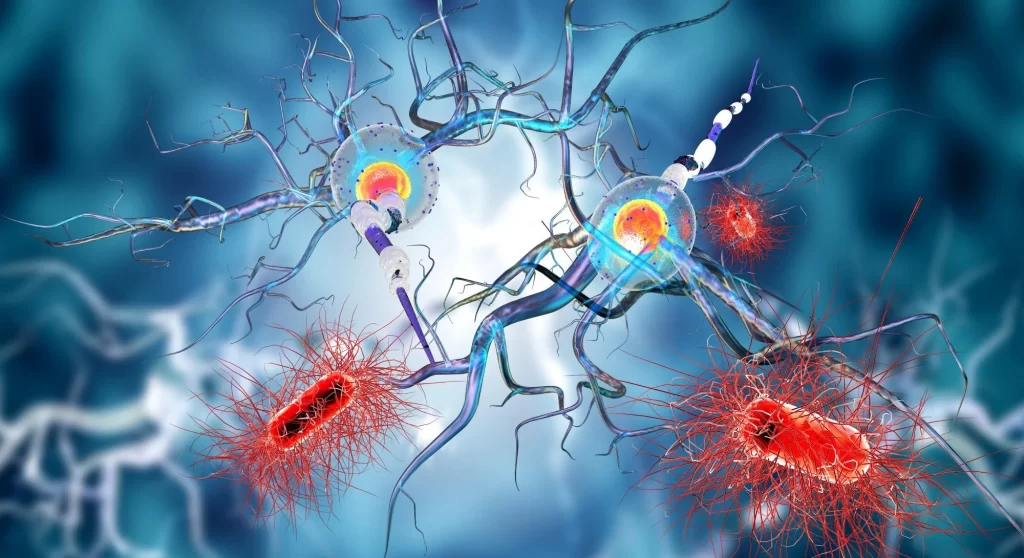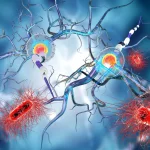Do you feel your hands are still dirty even when you have already washed them and end up rewashing them even when you know it is not required? Do you keep doubting your actions, such as making sure you have switched off all electric applications right after switching everything off or rechecking that you had locked the door multiple times? Take OCD treatment in Delhi immediately
Do you think about something that you feel may not be essential yet can’t stop thinking about it? Does your mind repeatedly bring thoughts, images, or fears you cannot shake off? If you have been having unwanted thoughts leading to repeated actions that lead to distress and loss of time and energy, you may have OCD. No matter how hard you try the OCD treatment in Delhi doesn’t leave you; any effort to eliminate them only makes it worse.
Individuals with OCD have recurring and persistent intrusive and unwelcome thoughts, ideas, or impulses (obsessions). They also engage in excessive, time-consuming, and upsetting repetitive and ritualistic acts (compulsions).
Individuals with OCD usually know that their obsessions and compulsions are irrational and excessive. However, they feel they cannot manage their obsessions or fight compulsions. With the help of the right OCD doctors in Delhi, OCD treatment in Delhi can be easily opted.
What are Various types of Obsessions?
Obsessions are usually extreme versions of concerns and worries that most individuals experience at some point in their lives. Common obsessions include –
- You feel things around may be dirty or contaminated and lead to illness if not cleaned.
- You have repeated doubts about a day-to-day activity.
- You expect things to be in order or symmetric and become restless if order or symmetry is missing
- You have fears that you might lose control of the situation or may harm others
- You are occupied with thoughts that are unwanted and may include aggression, sexuality, or religion
Obsessions can constantly occupy a person’s mind. Physical objects, events, odours, or something heard on television, radio, or in a conversation can also set them off. Obsessions can differ in intensity and character and do not respond to rationality.
Obsessional anxiety can cause awareness of potential risks and a strong need for certainty and control. Obsessions can cause many emotions, from annoyance and discomfort to severe anxiety, disgust, and panic.
What are the Symptoms of Compulsion?
Compulsions can be either mental or behavioural. Compulsions are repetitive actions that are repeated in a precise pattern or according to specific rules. Compulsions are usually done to attempt and avoid an obsessive fear from happening, to decrease the anxiety the obsessive idea creates, or to make things seem ‘just right.’ Some of the common OCD symptoms include –
- You clean everything several times a day
- You keep checking if you have locked the door or switched off everything
- You repeatedly count or rewrite or reorder things
- You do acts to undo the unwanted thoughts
- You are urged to replace a “bad thought” with a “good thought.”
- You apply rigid patterns and rules to the placement of objects
Compulsions commonly develop into rituals with specific rules, patterns, and repetitive repetitions. Compulsions provide a false sensation of temporary relief from anxiety. However, they reinforce fear and make the obsessions appear more natural, so the anxiety returns quickly.
What Causes OCD?
OCD’s causes are not fully understood. Many theories exist about the causes of OCD, including:
- Compulsions are acquired behaviours that become recurrent and habitual when connected with anxiety reduction.
- Genetic and inherited causes cause OCD.
- Chemical, structural, and functional abnormalities in the brain can cause OCD
- Distorted beliefs promote and maintain OCD symptoms.
Different aspects may interact to cause OCD to develop. Stressful life events, hormone changes, and personality traits can all impact the underlying reasons.
How can OCD affect your life?
Compulsions and obsessions can consume a person’s whole day and disrupt family and social ties. They can also be harmful to education and employment. When OCD worsens, ‘avoidance’ may become an increasing issue.
The individual may avoid anything that might set off their obsessive concerns. OCD may make it difficult for people to do ordinary things like eat, drink, shop, or read. Some people may become confined to their homes. Depression and other anxiety disorders, such as social anxiety, panic disorder, and separation anxiety, can intensify OCD.
Individuals suffering from OCD are often ashamed of their symptoms and will go to great lengths to hide them. Families sometimes get deeply involved in the sufferer’s rituals before the condition is identified and treated, causing distress and disturbance to family members.
How can OCD be treated?
OCD Treatment in Delhi includes –
- Medication
- Psychological Treatments
- Support Groups & Education
Cognitive behaviour therapy, for example, can improve symptoms, and this improvement is often maintained over time.
Medication
Cognitive behaviour therapy, for example, can improve symptoms, and this improvement is often maintained over time. Certain medications like Selective serotonin reuptake inhibitors (SSRI), mood stabilizers, and antipsychotics can be used to reduce OCD symptoms.
Nausea, dry mouth, headaches, blurred vision, dizziness, and tiredness are all possible side effects of antidepressants. These side effects usually subside during the first several weeks of medication. You should consult a doctor for OCD treatment in Delhi if your side effects are too severe or last for an extended period
Psychological Treatments
Cognitive Behaviour Therapy (CBT)
Cognitive behaviour treatment works to change the patterns of thought, attitudes, and behaviour that can cause OCD symptoms and is considered to be the best treatment for OCD. This therapy promotes symptom control through education. Part of the therapy involves progressively exposing the individual to events that trigger their obsessions while helping them reduce compulsions and avoidance behaviour.
Exposure and Response therapy (ERT)
Exposure and Response Therapy (ERT) treats obsessive-compulsive disorder (OCD). ERT involves exposure to the source of the obsession and then preventing compulsive behaviour. This helps patients learn to tolerate anxiety and diminish the compulsions associated with the obsession.
Mindfulness-Based Cognitive Therapy
Mindfulness-based Cognitive Therapy (MBCT) is a type of psychotherapy that combines elements of cognitive therapy with mindfulness techniques. It aims to help individuals become more aware of their thoughts and feelings and to develop healthier ways of thinking and coping with stress. MBCT effectively treats depression, anxiety, and other mental health conditions.
rTMS
Repetitive Transcranial Magnetic Stimulation (rTMS) is a non-invasive brain stimulation technique that has shown promise in treating obsessive-compulsive disorder (OCD). rTMS involves using magnetic fields to stimulate specific areas of the brain that are associated with OCD symptoms.








